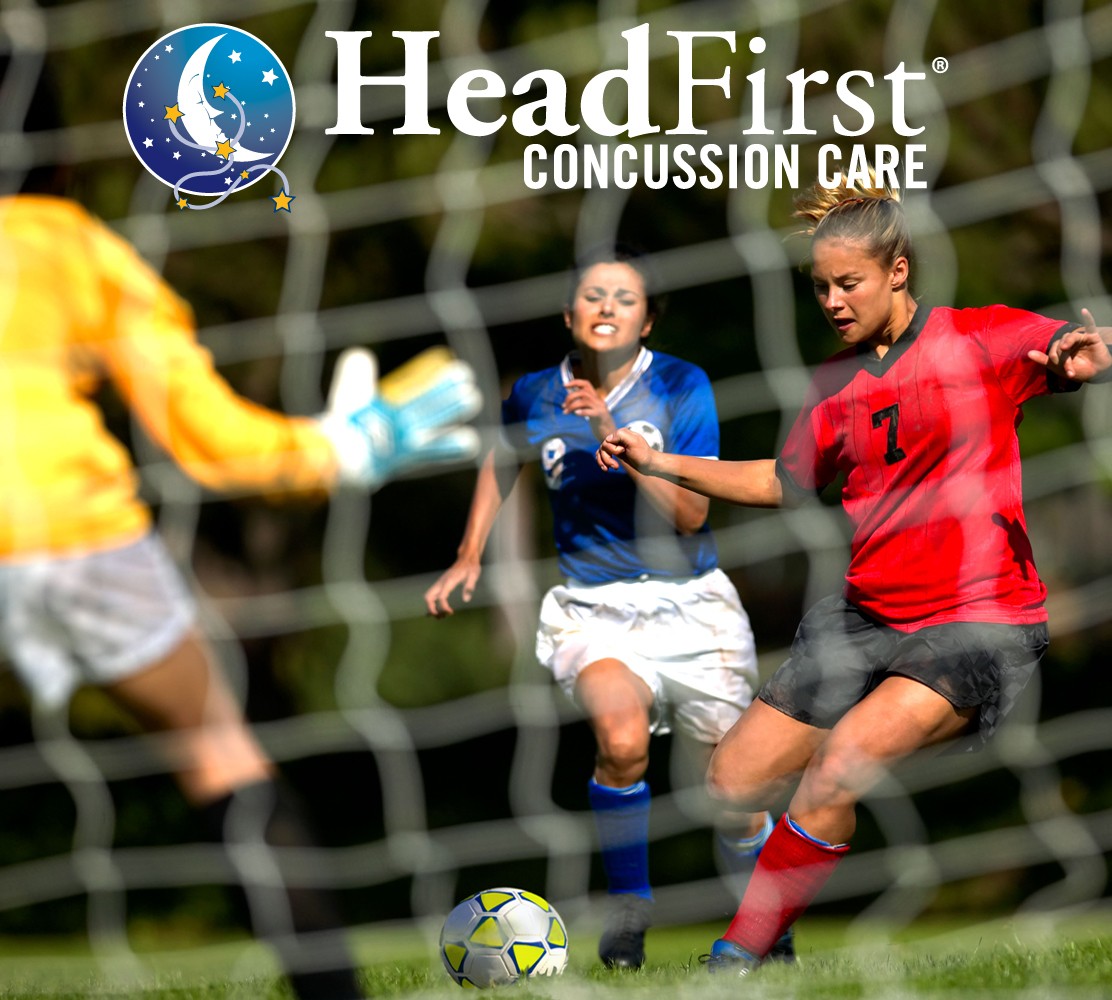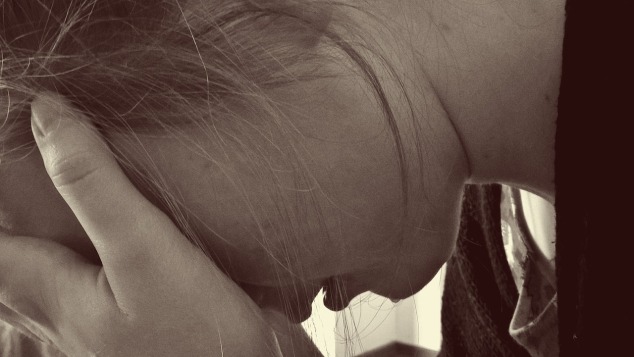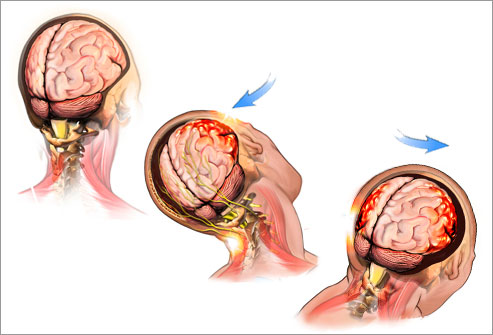by Tony Doran, Psy.D.
HeadFirst Concussion Care Program Director
and Ann-Marie Sedor, HeadFirst Concussion Care Marketing
Lots of myths and misinformation exist about how parents and coaches can supervise the recovery of a child’s concussion. Some of the most common ones stem from advice that was given years ago. But better understanding of brain injuries and new imaging technology has changed how concussions are treated. Here’s what NOT to do when managing your child’s injury.
1 — Waking Every Hour or Two
Decades ago, healthcare providers encouraged parents to wake up their concussed children frequently to monitor their mental status. However, with modern imaging and clinical evaluations, patients who have been cleared by a concussion specialist can sleep soundly. In fact, remaining asleep 12, 15 or even 20 hours following a head injury is actually helpful, restful, and promotes faster recovery.
2 — Return to the Game Too Soon
Most concussion laws in every state have a provision in which a child is removed from play when a concussion is suspected and can only be cleared to return by a concussion specialist. Unfortunately, clinicians will periodically encounter an overly ambitious parent wanting to return his or her child to play prior to making a full recovery from the concussion. Depending on the timing, this can be exceedingly dangerous. If it is too soon, the child may be in danger of secondary impact syndrome, which can be fatal.
3 — Keep Away from Friends and Electronic Devices
Socialization is an important part of adolescent development. Keeping a child completely isolated from friends and electronic devices can lead to a sense of isolation, and in some cases, even depression. Providers and parents need to be mindful of balancing remediation with a young person’s sensitive self-esteem.
4 — Promote Completely Inactivity and Darkened Rooms
Although some rest is thought to be useful from 48 to 72 hours after the head injury, extensive rest and inactivity in a dark room is actually thought to do more harm than good. The brain can actually have more difficulty to returning to normal activity following an extensive period of inactivity.


